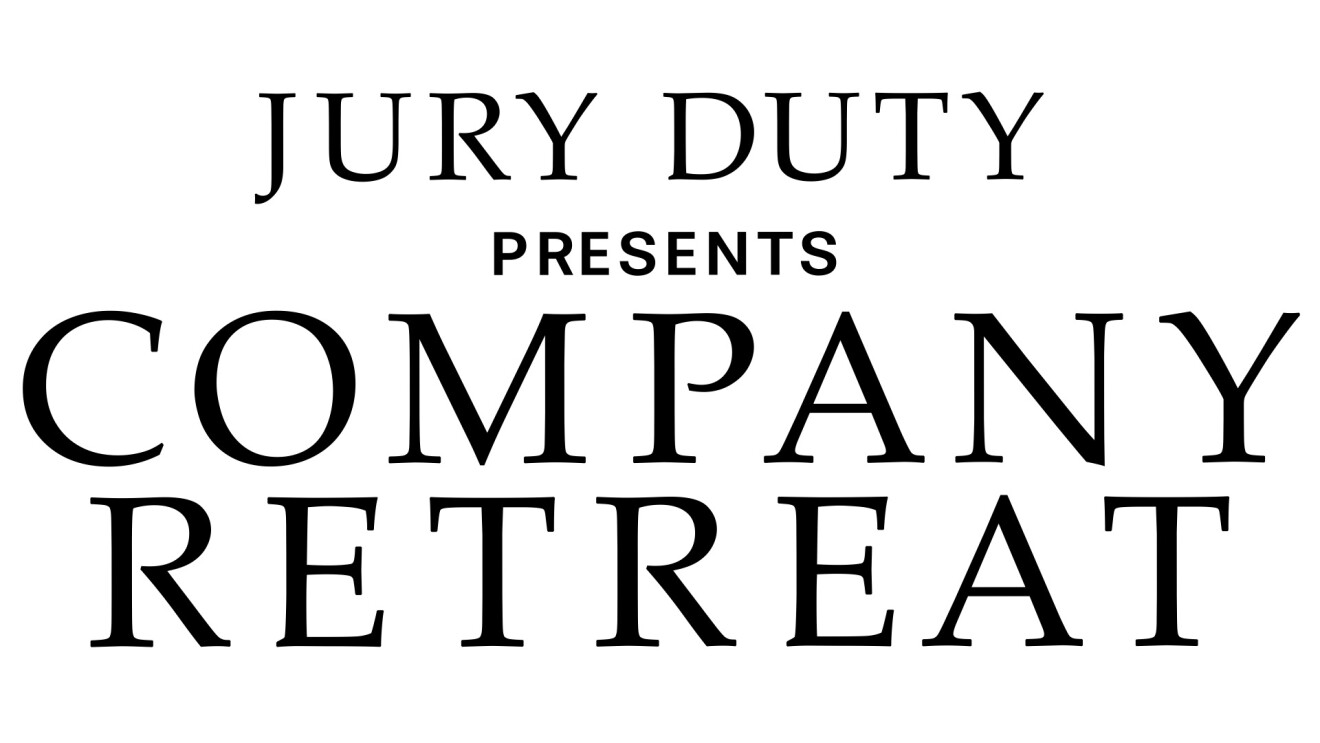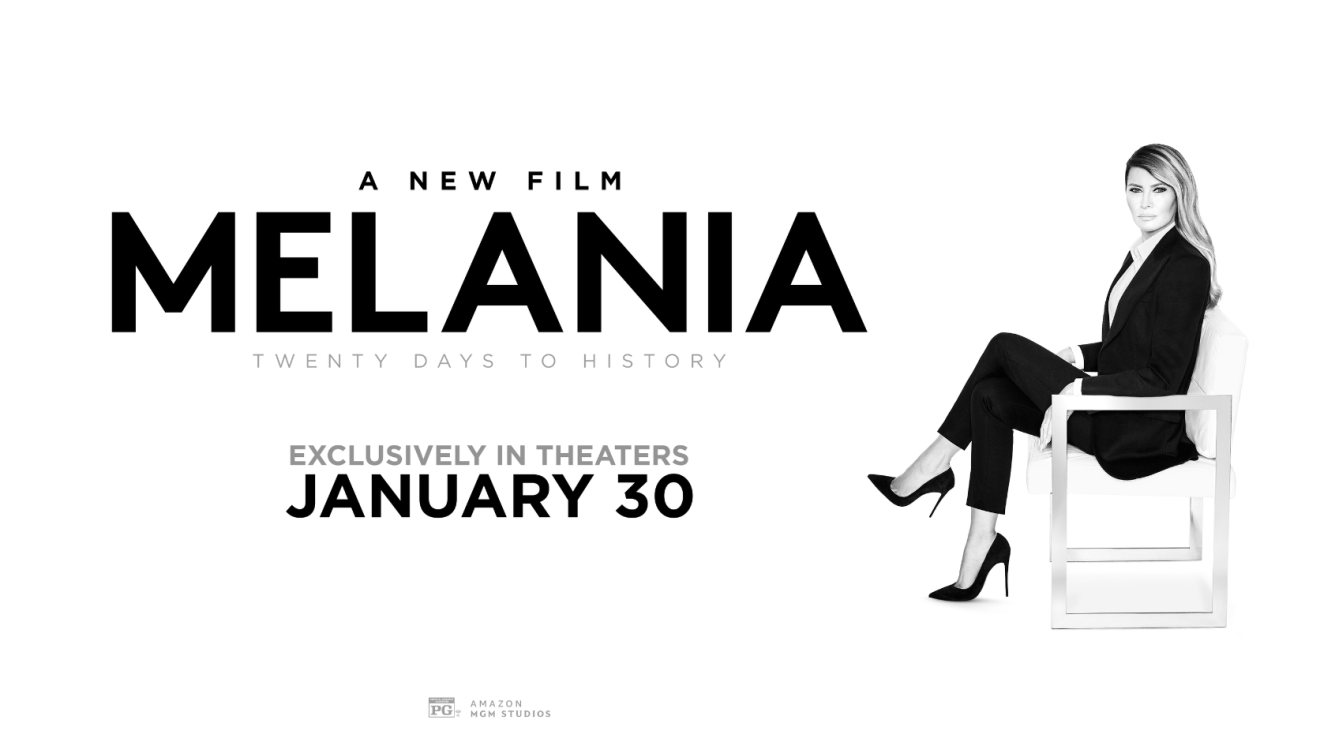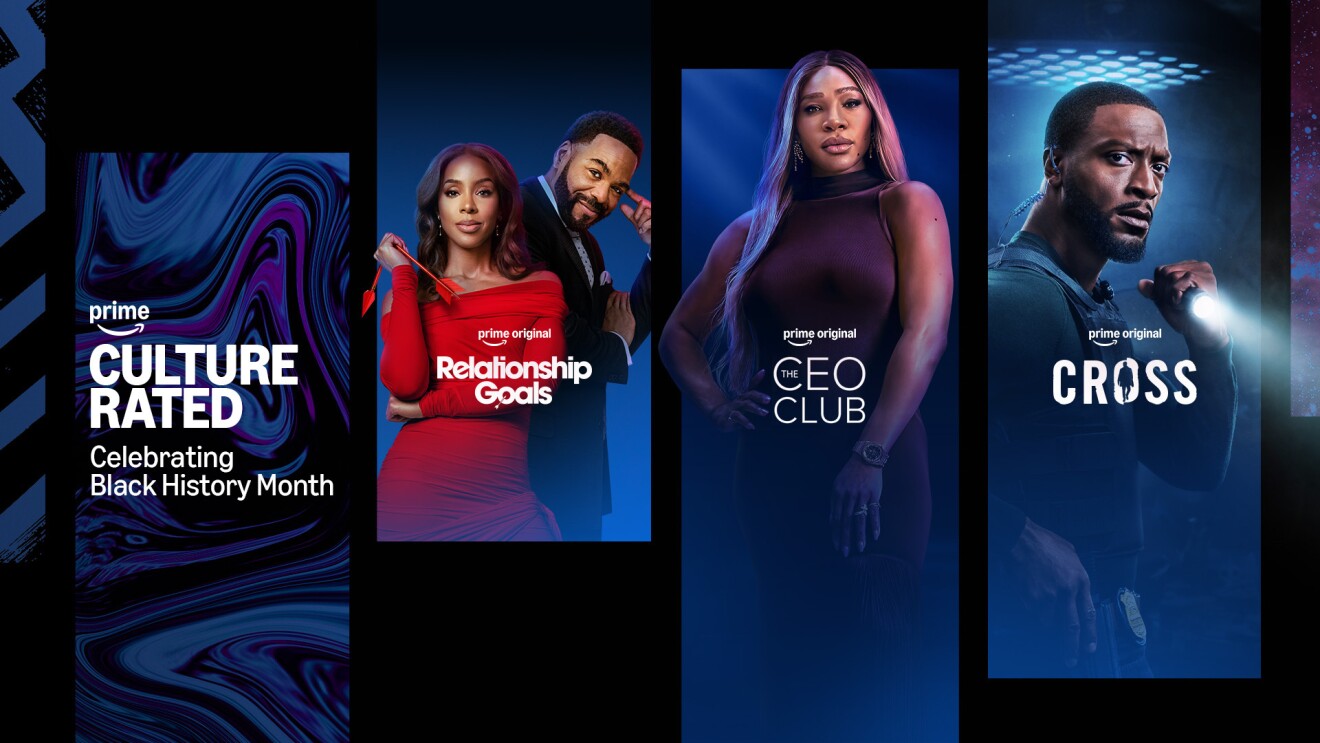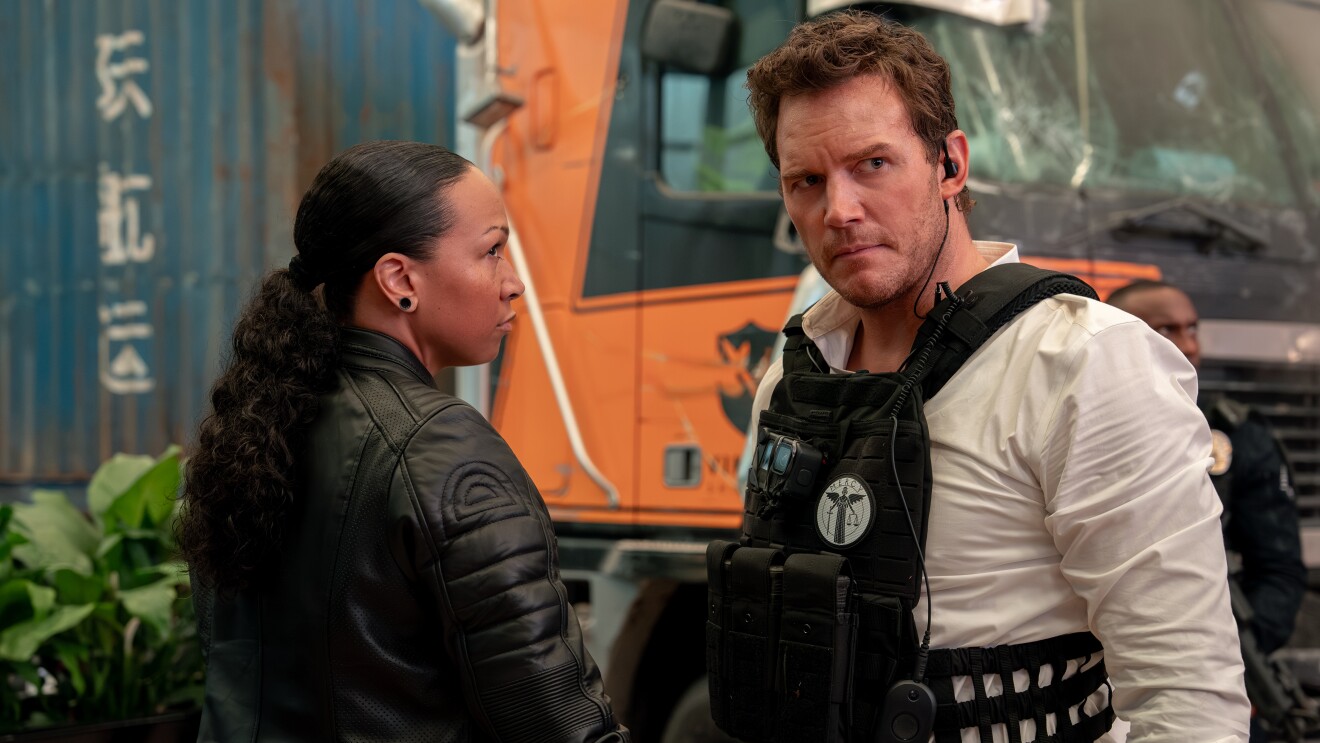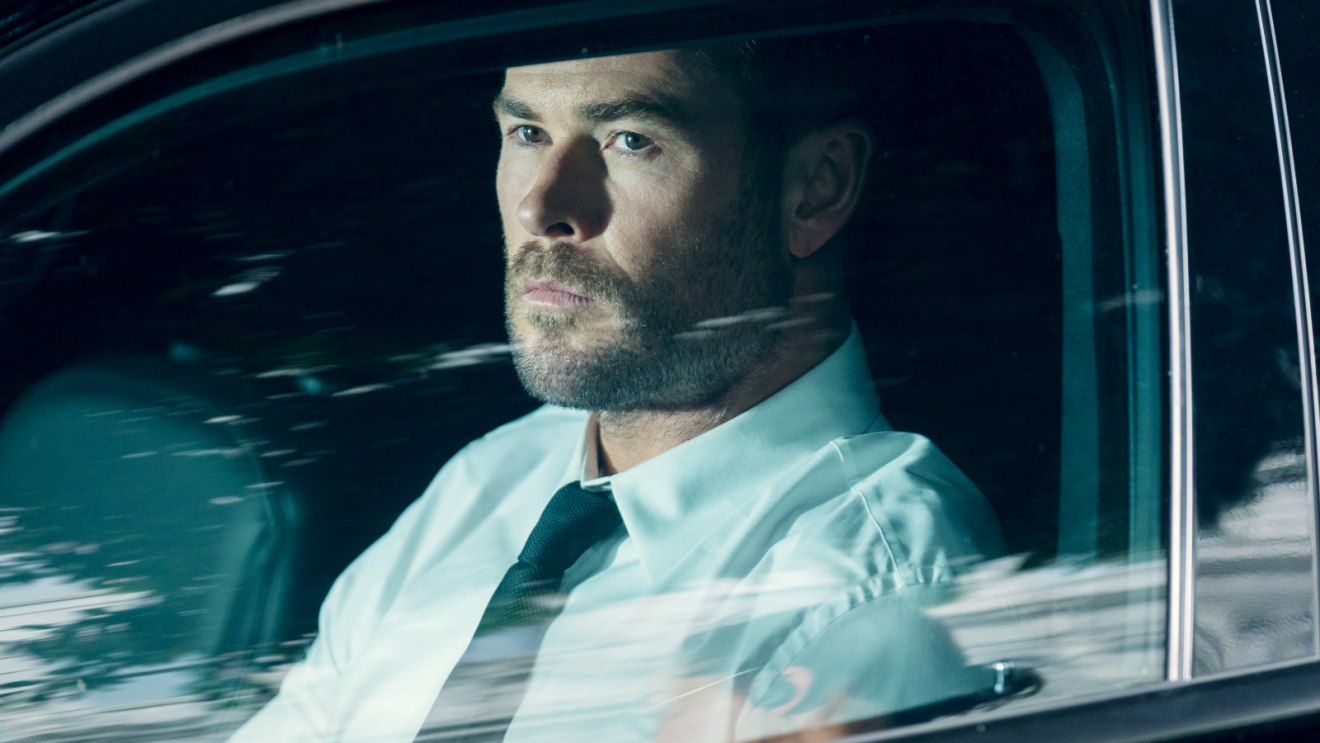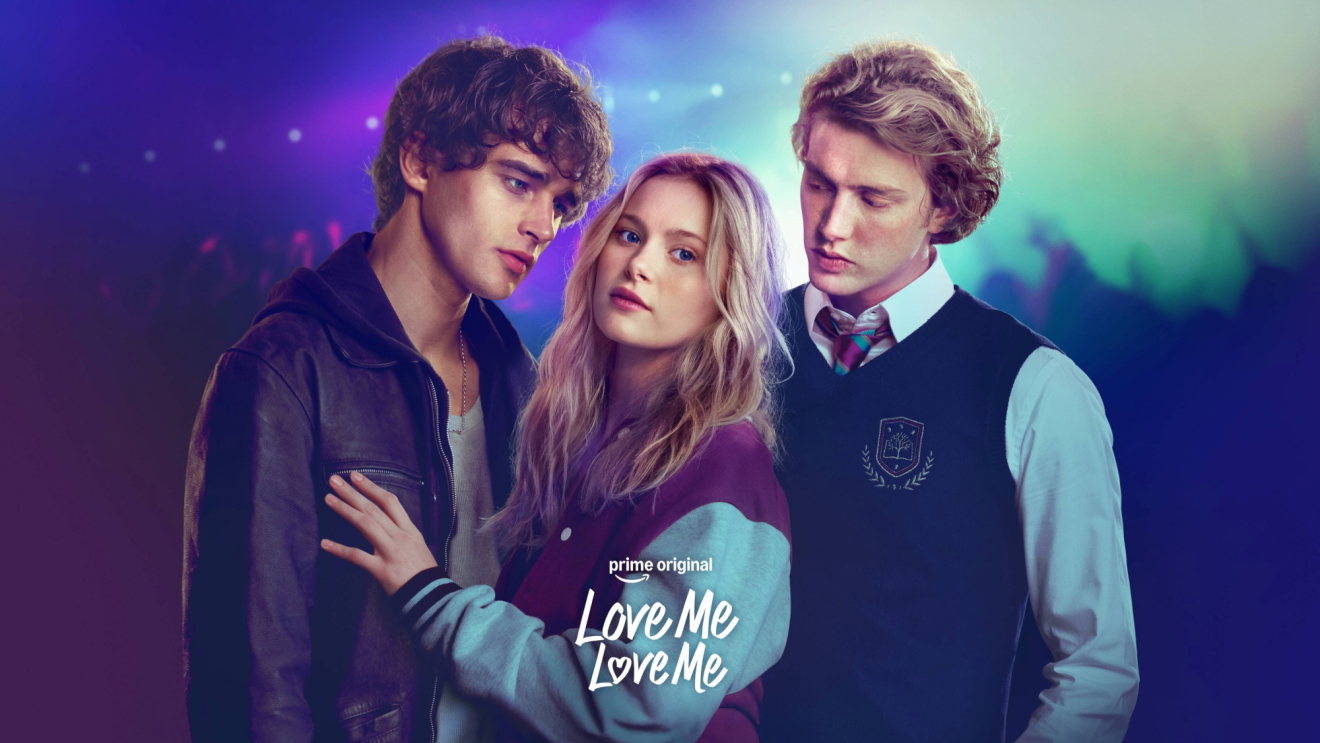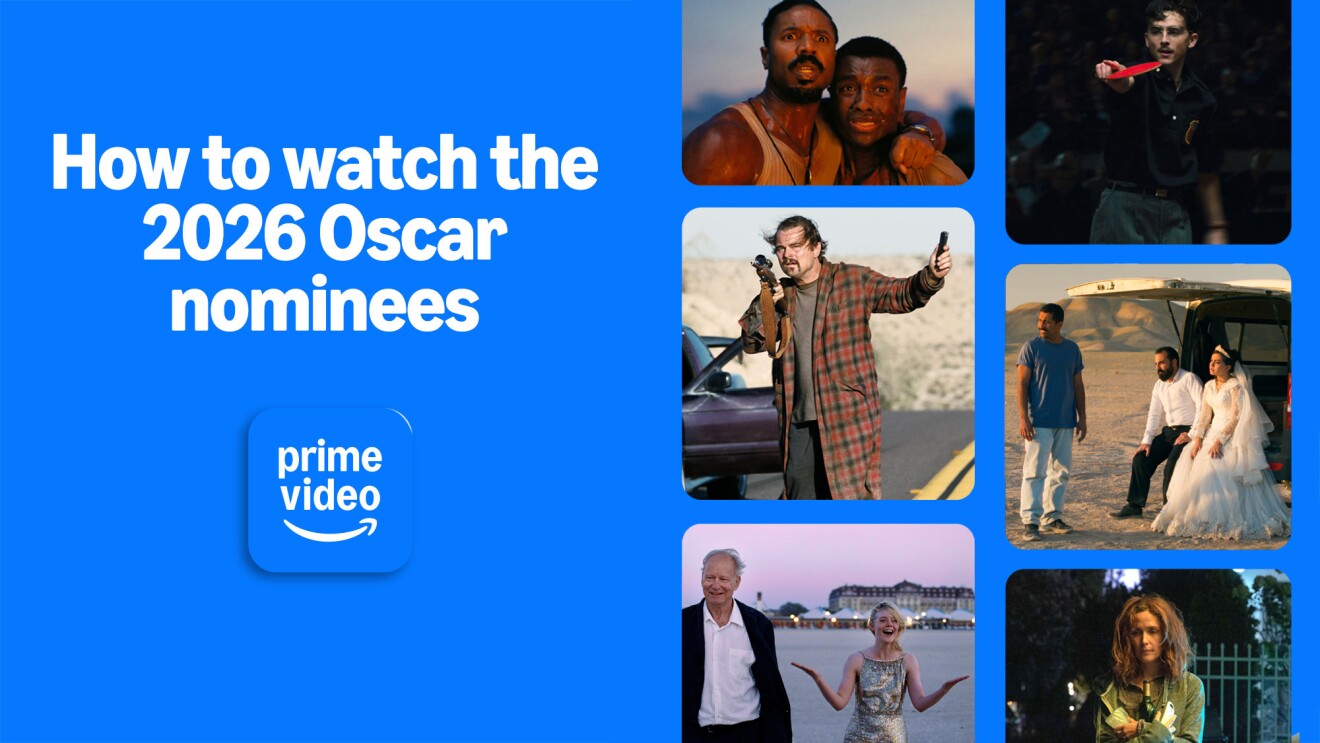Zach Braff has built a career on creating memorable multilayered characters; from his role as Dr. John 'J.D.' Dorian on the television series Scrubs (2001-2010) to his films including Garden State (2004) and Wish I Was Here (2014) both of which he wrote, directed, and starred in.
His most recent work is MGM’s A Good Person, with Academy Award winner Morgan Freeman and Academy Award nominee Florence Pugh. The movie was filmed in Braff’s hometown of South Orange, New Jersey, and was inspired by his own experiences. We caught up with Braff to learn more about this deeply personal project and why he’s so passionate about it.
What is ‘A Good Person’ about?
A Good Person is about a car accident that ends in tragedy and how it affects two families that were meant to be joined with an upcoming wedding. It's about two members of the family that couldn't be more different, who end up coming together, really helping each other, and saving each other from themselves.
You have probably the most incredible cast ever—Florence Pugh, Morgan Freeman, and Molly Shannon. What was it like working with them?
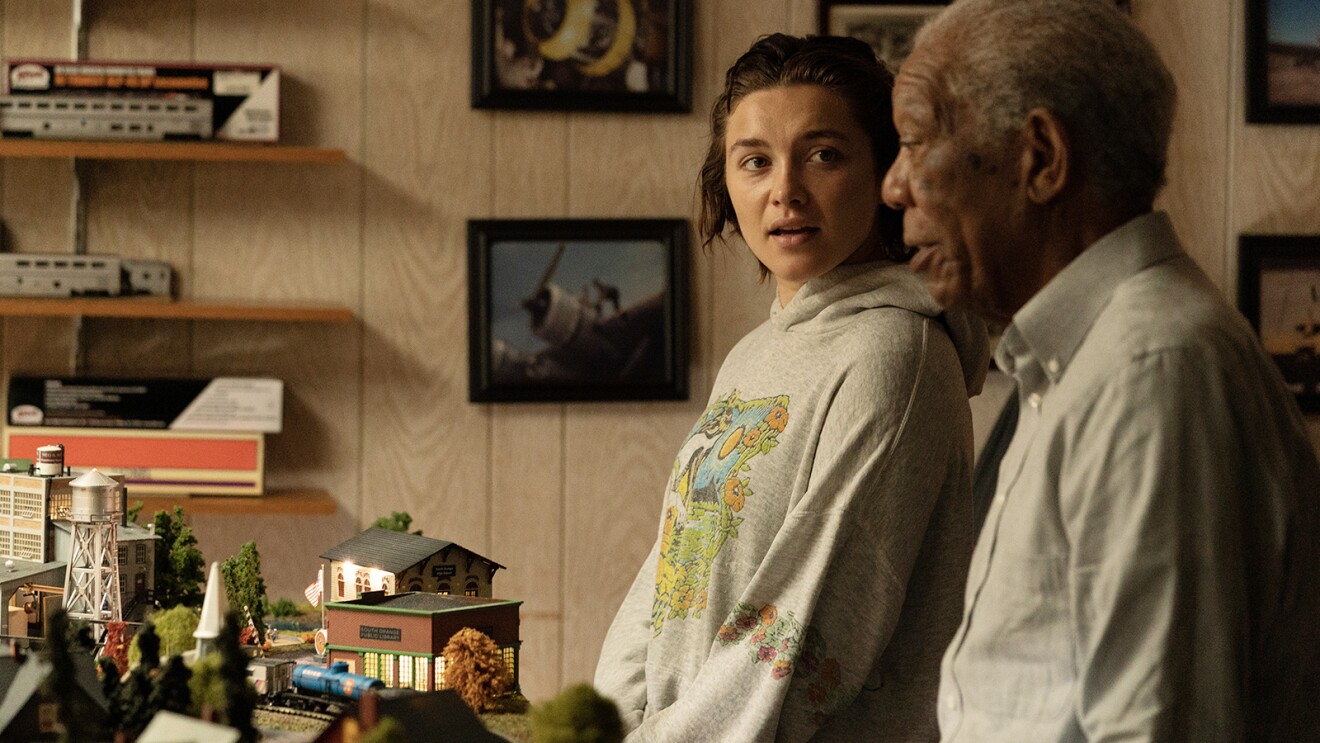
Hearing these incredible actors say words I've written—I just can't tell you how thrilling it is. It was quite a family. We shot the whole thing in 26 days.
What was the chemistry like between Freeman and Pugh?
They hit it off right away, and he's [Freeman] just really fun and can be silly. And she's the silliest—they had a great banter. Sometimes late at night—he's 84—occasionally, he'd get a little surly, and I'd be like, ‘Florence, go cheer him up,’ and she'd go over there and make him laugh. Never messed up a line. He's incredible.
Did you write this with Pugh and Freeman in mind?
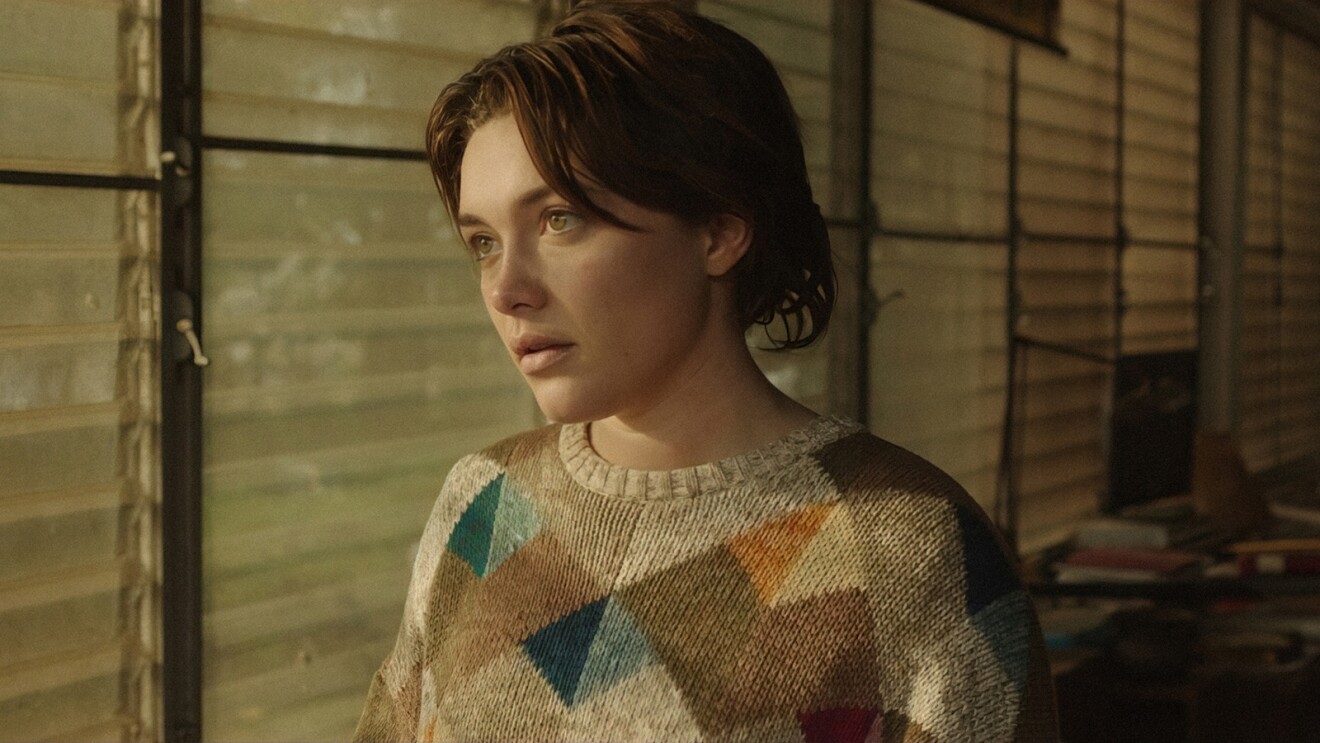
I wrote it with Florence in mind. I never imagined I'd get Morgan. I had pictured the idea of Florence opposite some great incredible living legend. I knew Morgan, because I had directed him in a studio film called Going in Style (2017), a heist comedy. So when Morgan loved it, it was really a great feeling because then I had something magical.
What was the inspiration for the script?
Honestly, a lot of loss that I've had in the last four years of my life. I lost my sister, I lost my father, and I lost my best friend to COVID. And I wanted to write for Florence Pugh, because I think that she's the most exciting actor of her generation. That was the genesis—wanting to write about standing up after grief and setting it in my hometown of South Orange, New Jersey.
This is an intense movie, but there's so much humor. Can you talk about that?
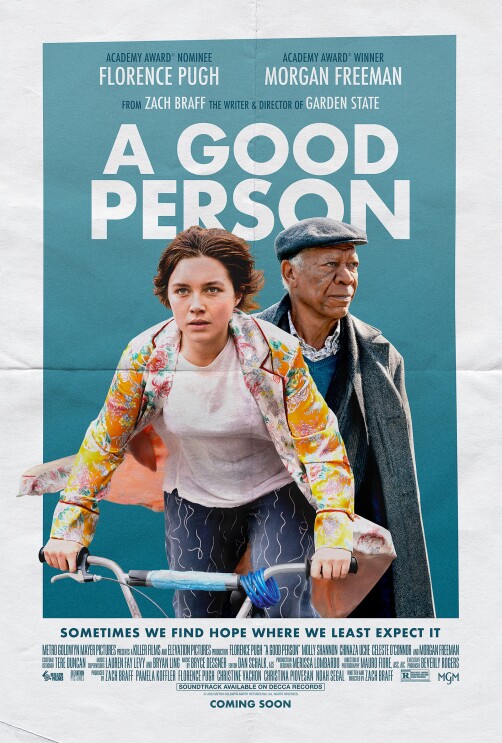
When I've gone through grief and hard times, I'm so grateful when there's a release of humor. I have a memory of being in the ICU waiting room with my family, and we were waiting to see what was gonna happen with my sister. And someone made some joke that wasn't even that funny, but we all were in such need of a belly laugh that you just start laughing, and there's tears from laughter replacing your tears from sadness. I attacked this film like, how do you tell the story like this, but also make sure it's not too heavy. Of course, it's an intense story, but there's humor in it as well.
There are lots of trains in this movie …
I like trains (Braff laughs). I had a model train set when I was a child. I was a pretty anxious kid … And I think that I was drawn to it because it's so tiny and meticulous. Even as a child, it was meditative in a certain way … I liked that idea for Morgan Freeman's character.
Also the commuter train in my hometown is a bit of a character. It runs through the town, and it'll take you into Manhattan in 25 minutes. There are some people that will get on the train … and go on and do things beyond that small town, and there are some people that will always stay. That was a metaphor I wanted to play with in the film.
Why did you have Pugh sing in the movie?
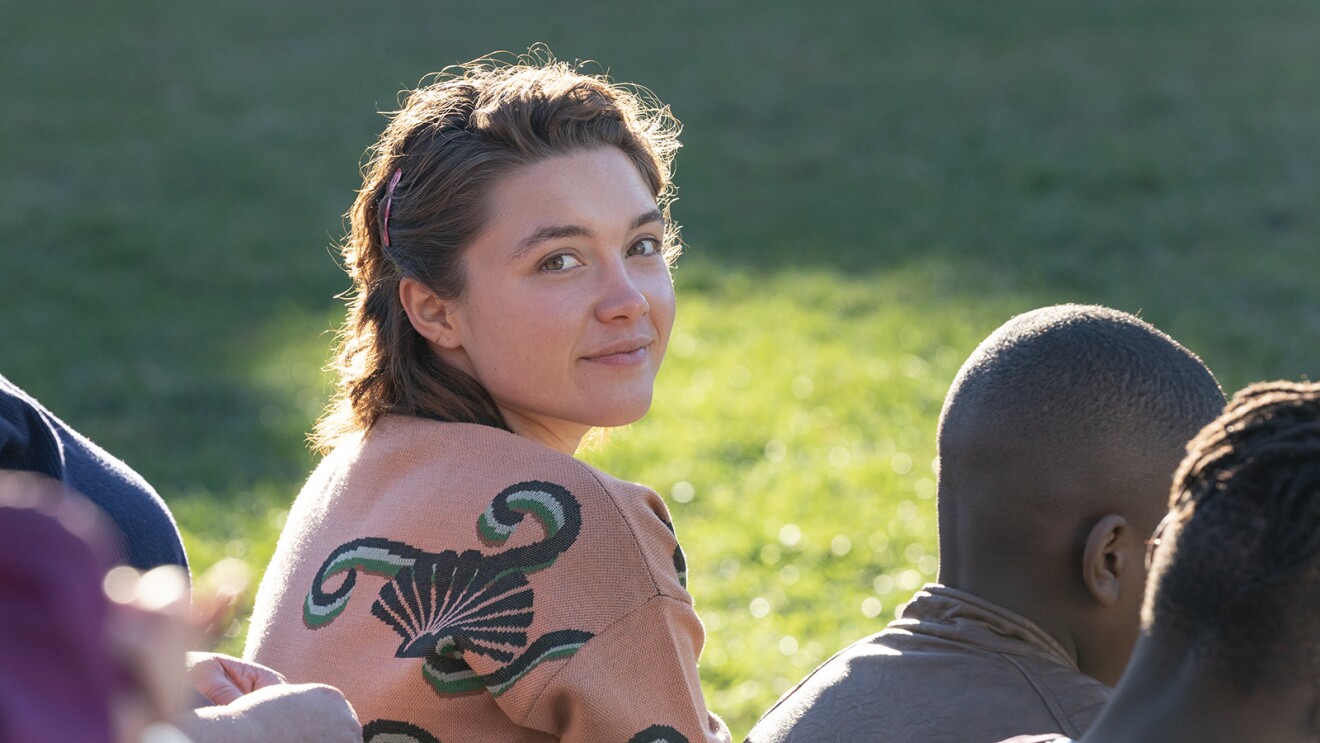
Florence—in her real life—writes and plays music … It's a way for her to process and get her emotions out. When I was writing the part for her, I thought, “I'll have the character use music and songwriting as something that she does when she's coping.” Florence wrote two of the songs in the film and performed them.
What’s your favorite scene from the movie?
The diner scene. It's the first time they really sit and talk with one another, and they both have their guards up. It's like watching these two great actors—one who's at the beginning of her career, one who's an old older legend—play chess together [because of the way they challenged each other].
What was it like working with Amazon’s MGM on this project?
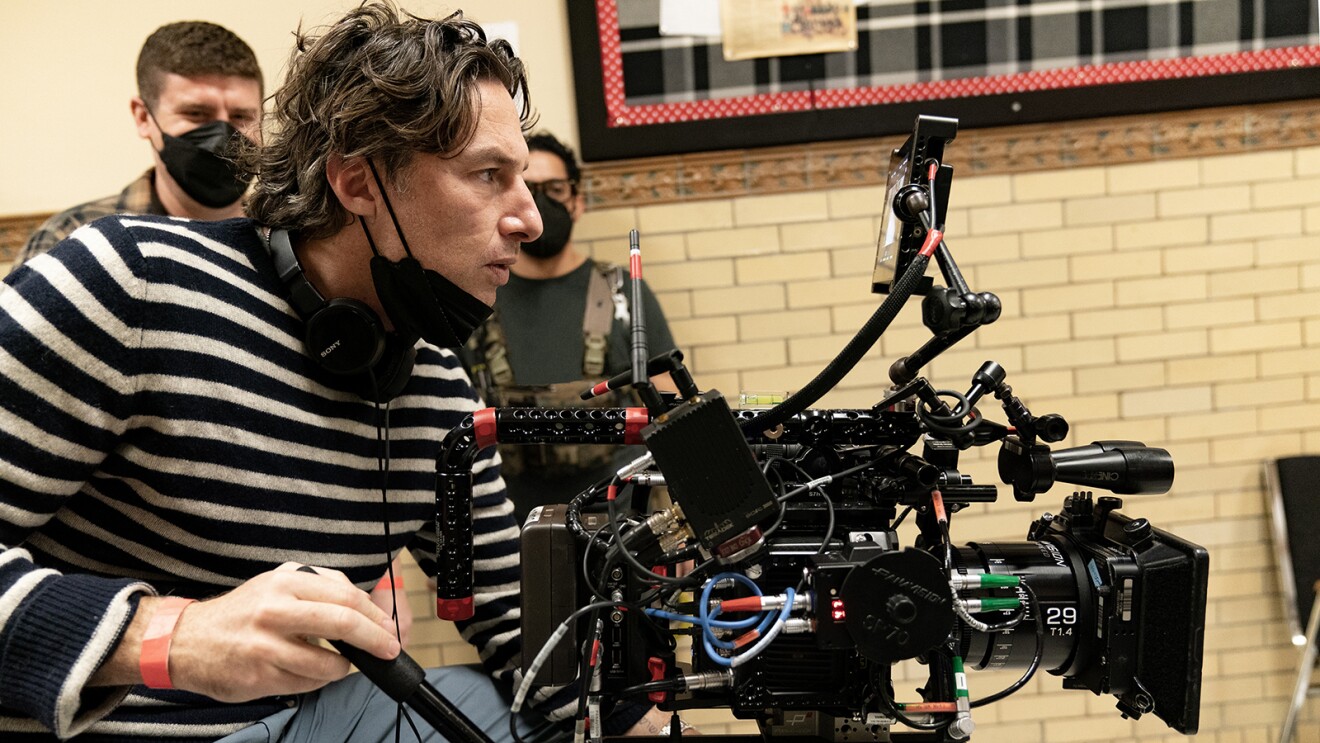
I just feel so lucky and, of course, there’s the storied history of MGM. To have that lion growling at the beginning of your film, it's magical. To be included in the catalog of MGM is quite an honor.
Do you have a certain process when you're writing?
Procrastinating? (Braff laughs). Getting over procrastination is my process. I'm working on that. I'm 47 now, so I'm trying to really be mature about it and put systems in place that actually get me to do the work; it's challenging to stare at a blinking cursor.
When you wrote and directed ‘Garden State,’ you were in your 20s. Now you're in your 40s. How have you changed as a director since then?
I'm more willing to say out loud ‘I don't know the answer.’ Being a director is about fielding questions nonstop.
What are you hoping audiences take away from this?
We all have things in our lives that have brought us to our knees, and with time, we find a way to stand back up. I hope that the audience sees themselves in these characters.
Trending news and stories


